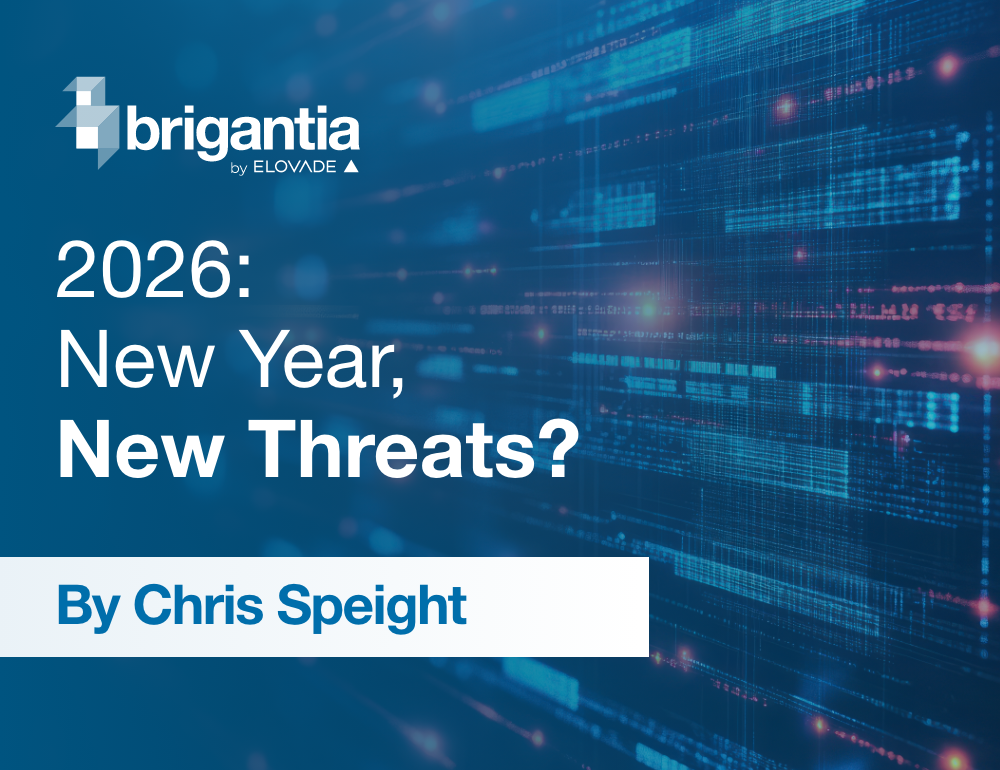The International Monetary Fund (IMF) has projected a remarkable 7% increase in global GDP over the next decade, attributed to the widespread integration of artificial intelligence (AI) into various facets of society and work.
This transformative prediction underscores the immense potential of AI to reshape industries, enhance productivity, and redefine progress. However, as with any ground-breaking technological shift, the outcome will depend on how its benefits are distributed and the ethical frameworks governing its implementation.
The potential of AI
AI's potential to boost global GDP lies in its ability to revolutionise processes across industries. By automating routine tasks, AI can take over repetitive and mundane activities, allowing workers to focus on higher-value contributions. This shift can lead to significant efficiency gains in sectors like manufacturing, logistics, and customer service.
Additionally, AI-powered analytics can provide insights at unprecedented speed and accuracy, enabling businesses and governments to make more informed decisions. The development of AI-driven products and services will also create entirely new markets, generating jobs and economic opportunities.
The impact of AI
AI’s impact extends beyond business operations. In healthcare, its role in diagnosing diseases, personalising treatments, and accelerating drug development could revolutionise the sector, leading to healthier populations and lower healthcare costs. Similarly, in education, AI tools could personalise learning experiences, making education more accessible and effective, and ultimately equipping the workforce with the skills needed for an AI-driven economy.
The risks of AI
While the economic potential of AI is immense, there is a significant risk that its benefits may be unevenly distributed. If left unchecked, those in positions of power, such as large corporations and wealthy nations, could monopolise AI’s advantages. This could result in widening inequality, as wealth and resources become even more concentrated, exacerbating existing economic disparities both within and between nations. Job displacement is another concern, as AI may render many traditional roles obsolete. Without robust social safety nets, millions could face unemployment and economic insecurity.
Ethical concerns also come into play, as the misuse of AI for surveillance, manipulation, or exploitation could undermine human rights and democracy. On a global scale, developing nations may lack the resources to compete in the AI race, further entrenching global inequities.
How to use AI as a force for good
However, if implemented equitably, AI has the potential to be a force for good, benefiting humanity as a whole. To achieve this, policymakers, corporations, and global institutions must take proactive steps. Governments would need to implement inclusive policy frameworks that ensure AI-driven wealth is distributed fairly. Examples of this could include progressive taxation or universal basic income initiatives.
Preparing the workforce for an AI-driven future is equally critical - affordable, accessible education programs can empower individuals to transition into new roles.
Working together to utilise AI
Global collaboration will be essential to bridge the gap between developed and developing nations, ensuring that AI technologies are accessible to all. Strong regulations and ethical guidelines are needed to prevent the misuse of AI and promote transparency, fairness, and accountability. Additionally, public-private partnerships can play a crucial role in accelerating innovation while addressing societal challenges.
Looking ahead …
The IMF’s prediction of a 7% rise in global GDP due to AI integration is a testament to the transformative power of technology. However, the ultimate impact of AI will depend on how its benefits are distributed. If managed responsibly, AI could usher in a new era of shared prosperity, improved living standards, and global progress. Conversely, if the gains are hoarded by a select few, it could deepen societal divisions and fuel discontent. The choice lies in the hands of policymakers, innovators, and society at large to ensure AI serves as a tool for collective advancement rather than a driver of inequality.
To read more articles like this, head to our news and articles page.
For any questions about Brigantia, our vendors and how we support partners, please get in touch.






